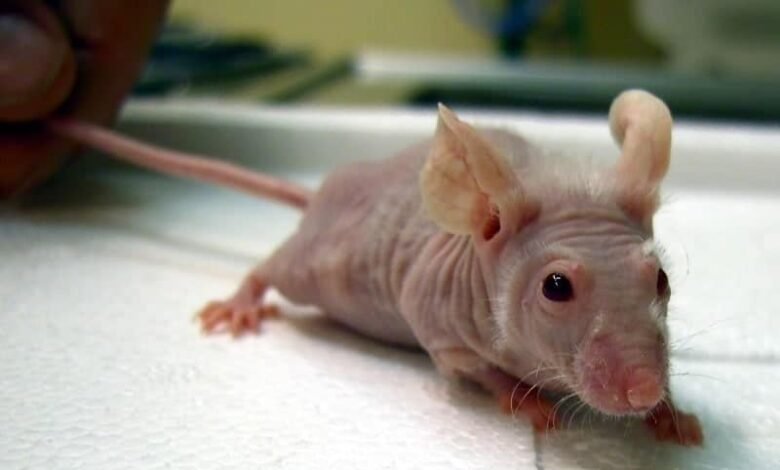How to live longer

Human life is both infinitely long and yet so short.
When we’re 20, everything seems like it’s just starting and nothing is impossible because everything seems so easy when you have all the time in the world.
But if you ask your grandma or grandpa how it feels to be 90 and if it’s not boring, they will surely tell you that they feel younger and have more life than ever, it’s just that their body processes are slowed down and no longer have the opportunity to be as active as when they were young.
But alas, this is part of life, no matter if it is a plant, animal or human, everything has its beginning and its logical end.
We are born, we grow, we live, we leave something behind, we grow old, and the logical end of all this is death. But who is really ready to forgive this world? Everyone has their own way of living.
Thanks to the times we live in and the speed with which science is developing every day, even life expectancy is a factor that undergoes changes.
Just imagine that during the Roman Empire, the average life expectancy was 30, during the World Wars – 50, and nowadays it is already over 80 years.
But everything in this world undergoes changes and development, even the things that, as they say, are given to us for free – life and its duration, for example.
At the moment, scientists have discovered a strange, but at the same time very important finding in animal studies.
They are engaged in research on mice and in particular bald rats.
Scientists have discovered that this type of mouse can control the age at which they die.
For their modest size, these rodents live extremely long, some of them reaching the age of 20.
Scientists tackle this interesting phenomenon to unravel it, and of course, to use the newfound knowledge and results to improve the human race.
Researchers have come to the conclusion that the reason for the controlled longevity of these rodents is related to the protein HSP25, which is contained in the blood of the mice.
This protein is self-regulating and manages to get complete information about which cells are infected, which proteins are incorrectly structured and from which diseases< /strong> there is danger.
In addition, HSP25 also prevents aging processes in cells by constantly taking care of tissues, protecting them from diseases, stunting and other disease agents.
Scientists have concluded that longevity in rodents is directly related to the presence of this protein chain and are currently doing research to find out if this substance will be safe for humans and if it will has the same effect in human metabolism.
In addition to aging being dramatically slowed and the average person’s lifespan extended by decades, Alzheimer and Parkinson would no longer be a problem for the population.
Since both diseases are neurally based, which directly depends on the content and state of proteins in the body, they would not be more of a threat, because if everything from mice works in humans, HSP25 would take care of enemy cells.



